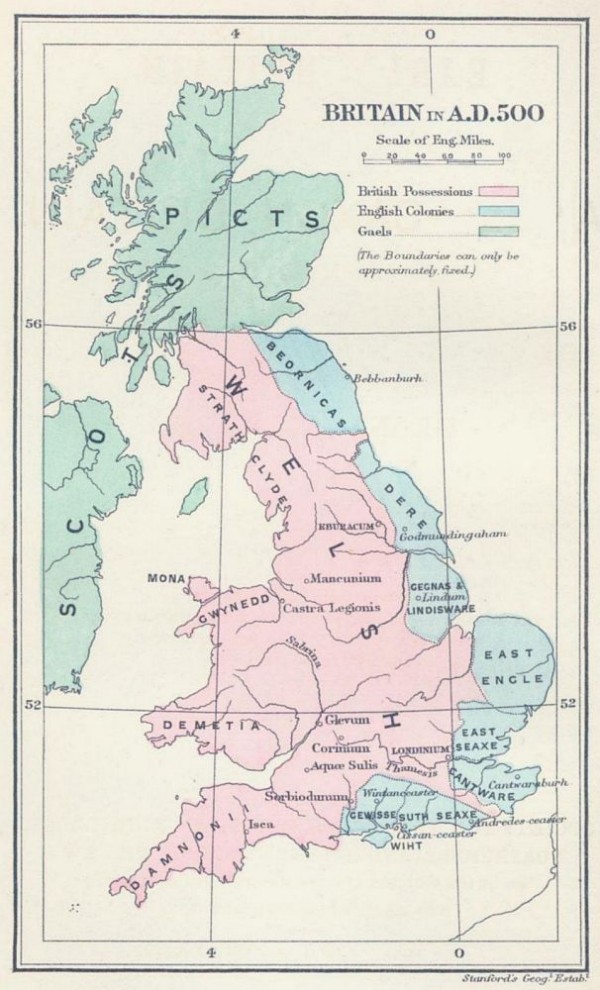Its name is Cymru, not a Saxon slur
To the west of a ditch and bank built by the Saxon Offa of Mercia between the Irish and the Severn Seas, lies a country with a language and culture distinct from the English. It’s called Cymru by its inhabitants known as the Cymry.
These words are descended from the Brythonic word combrogi, meaning fellow-countrymen and probably came into use before the 7th century.
Some time before then, but after the Roman occupiers of Britannia withdrew in the early 5th century, incomers from the other side of the North Sea started to arrive and settle on the eastern and southern shores of what is now England. These incomers included the Angles, Saxons and Jutes.

These new arrivals brought their language with them, which over time developed into English, which went on with addenda and changes from other languages (including early French and Norse) in subsequent times to become one of the world’s most widely used tongues in today’s world.
One word these Germanic speakers brought with them was Waelh, denoting a foreigner.
That word survives today as the name of a country known in English as Wales, thus denoting it as a land of people who weren’t Saxon and talked funny, hence Offa’s action of putting a defensive boundary between him and his and those over the dyke who most likely ate funny food too.
Following recent changes to the names of two national parks – Eryri and Bannau Brycheiniog – in Cymru to their equivalents in Cymraeg, a petition to call the country solely by the name Cymru has now been posted on the Senedd’s website and is collecting signatures. At the time of writing, it has collected nearly 9,000 signatures. A total of 10,000 is required before it will be considered for debate in Caerdydd.
The text of the petition states:
Wales is a name imposed on Cymru and is essentially not a Welsh word at all. The world knows about Wales because of its English connection since 1282. Hardly anyone has heard of Cymru or realises that we have our own unique language and culture which is totally different from the other countries within the United Kingdom.
Update 07/01/24: The petition has now reached over 9,000 signatories.
Update 12/01/24: The petition will now be considered for debate by the Senedd, having now reached over 10,400 signatories.